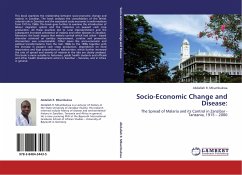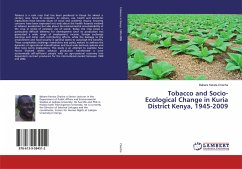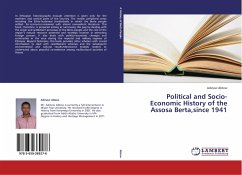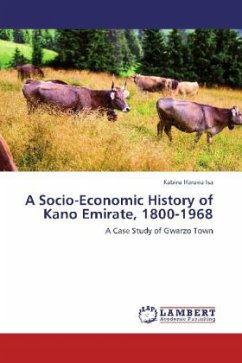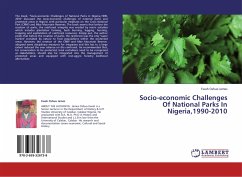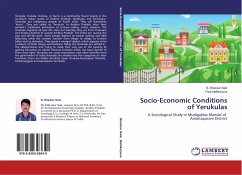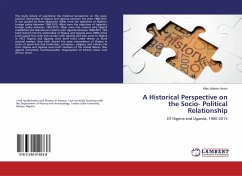This book examines the relationship between socio-economic change and malaria in Zanzibar. The book analyses the consolidation of the British colonial rule in Zanzibar and the associated socio-economic transformations from 1915 to 1960s. The book goes further to examine the introduction of labour migration system and the insistence on peasant cash crop production. All these practices led to rural impoverishment and the subsequent increased prevalence of malaria and other diseases in Zanzibar. Moreover, the book argues that malaria control which had urban - based character centered on sanitary improvement, curative and preventive intervention was unsustainable. Other issues like socio-economic and political transformations from the mid- 1960s to the 1990s together with the increase in peasant cash crops production, dependence on food importation and high proportions of malnutrition, which further increased the rate of spread and severity of malaria in the isles are clearly analysed. This book is more suitable to historians, public health students and officials and other health development actors in Zanzibar Tanzania, and in Africa in general.
Bitte wählen Sie Ihr Anliegen aus.
Rechnungen
Retourenschein anfordern
Bestellstatus
Storno

